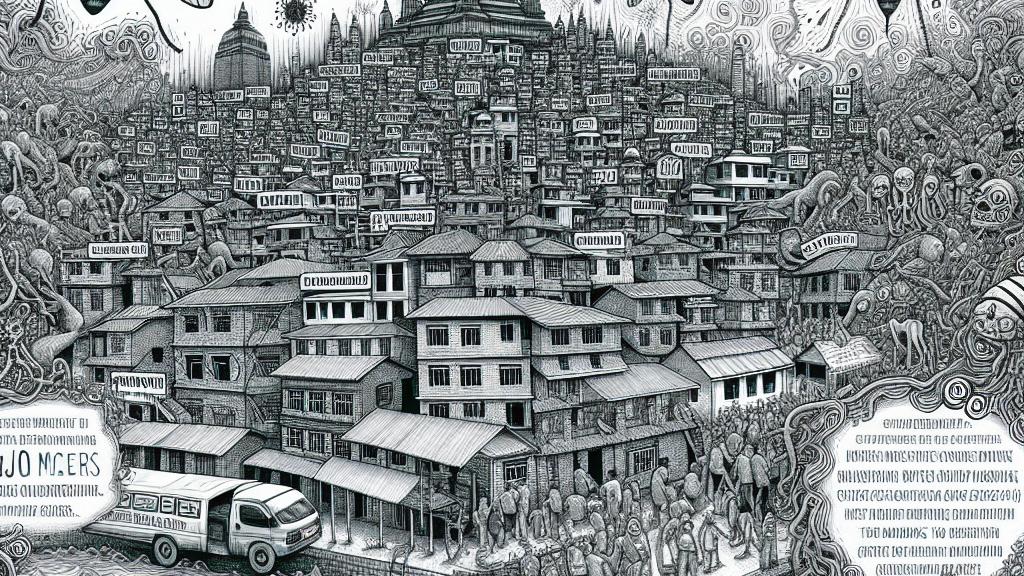The Impact of Climate Change and Urbanization on Dengue Fever in Nepal
Overview
- Nepal is facing a dramatic rise in dengue fever cases fueled by climate change and urban growth.
- Areas once thought safe, including high-altitude regions, are now breeding grounds for disease-carrying mosquitoes.
- The transition from cyclical to annual outbreaks presents an urgent threat to public health that requires immediate action.

An Unprecedented Rise in Dengue Cases
In recent years, Nepal has witnessed a staggering increase in dengue fever cases, shocking health officials and residents alike. Just imagine a mere single case being recorded in 2004, only to surge past 28,000 by 2024. The capital city, Kathmandu, is in crisis, with hospitals inundated by over 4,000 infections. Patients are suffering from debilitating symptoms, including severe fevers, body aches, and disturbing bleeding. This alarming reality underscores the urgency of understanding the factors behind this drastic increase; it is not merely a statistic, but a burgeoning health crisis that demands immediate attention.
Climate Change as a Catalyst for Change
So, what is driving this devastating trend? The intertwining forces of climate change and urbanization play a critical role. Warmer temperatures and irregular rainfall patterns, consequences of climate change, create optimal conditions for the Aedes aegypti mosquito, the primary vector for dengue fever. Dr. Narayan Gyawali, a distinguished expert in the field, emphasizes how urban expansion generates warmer microclimates where mosquitoes can flourish. Notably, this issue extends beyond Nepal; similar outbreaks have been reported globally, highlighting a dangerous trend that requires cooperative international action. As the world grapples with the consequences of climate change, we face a reality where public health is increasingly intertwined with environmental shifts. Countries need to unite, learning from each other's experiences, to combat this growing threat.
Urgent Action Required for a Serious Threat
Historically, dengue outbreaks in Nepal followed a cyclical pattern, occurring every two to three years. However, the past three years have shown a striking shift towards annual outbreaks, raising alarm among health experts and the public. The worst outbreak was in 2022, which saw nearly 55,000 reported cases. The health community must now treat dengue as an ongoing threat rather than an occasional inconvenience. Furthermore, it is crucial to acknowledge the injustice faced by developing nations like Nepal, contributing minimally to global greenhouse gas emissions while suffering the consequences of climate change. As noted by advocates from Human Rights Watch, developed countries have an ethical responsibility to assist those disproportionately affected. Addressing dengue must not remain a national issue; it should feature prominently in global discussions on climate change and health policy, as the path forward requires collaborative action and innovative solutions.

Loading...